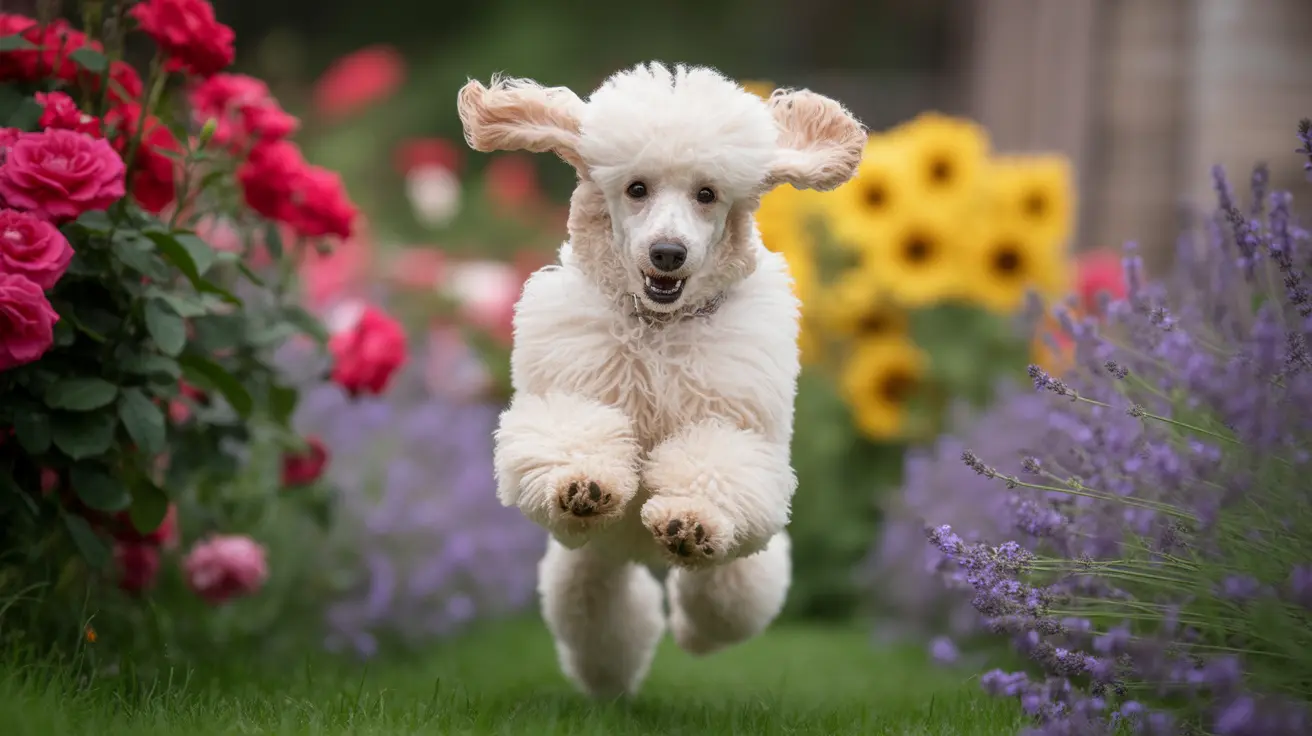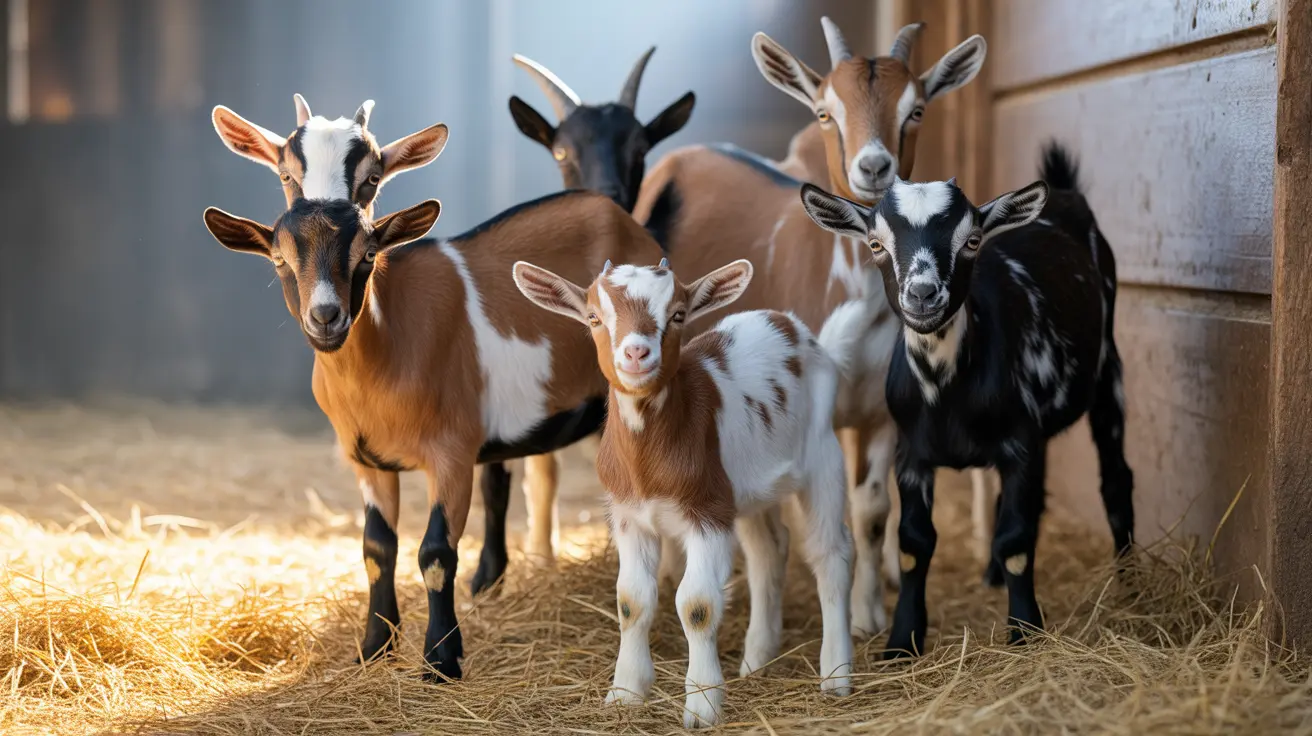Choosing the right service dog can be life-changing, especially when dealing with allergies and space constraints. While many people believe they must sacrifice having a service dog due to allergies, several excellent hypoallergenic breeds can provide both assistance and comfort without triggering severe allergic reactions.
In this comprehensive guide, we'll explore the most suitable service dog breeds that combine hypoallergenic qualities with the intelligence and temperament necessary for service work, focusing particularly on smaller to medium-sized options perfect for limited living spaces.
Top Hypoallergenic Service Dog Breeds
Poodles: The Versatile Classic
Standard, Miniature, and Toy Poodles consistently rank among the most intelligent dog breeds, making them exceptional service animals. Their non-shedding coat produces minimal dander, while their quick learning ability and eager-to-please nature make them ideal for various service roles.
The size variety in Poodles allows handlers to choose the perfect fit for their living situation without compromising on capability. Standard Poodles excel in mobility assistance, while Miniature and Toy varieties make outstanding medical alert or psychiatric service dogs.
Labradoodles: The Modern Service Dog
Combining the best traits of Labrador Retrievers and Poodles, Labradoodles offer an excellent balance of service capability and allergy-friendly characteristics. Their low-shedding coat and friendly disposition make them particularly suitable for public access work.
Small Breed Service Dogs for Limited Spaces
Bichon Frise
These cheerful, intelligent dogs excel in psychiatric service work and medical alert tasks. Their compact size and minimal shedding make them perfect for apartment living, while their sturdy build allows them to perform many service tasks despite their small stature.
Portuguese Water Dogs
Though slightly larger than some options, Portuguese Water Dogs are remarkably adaptable to smaller spaces when properly exercised. Their intelligence, coupled with their hypoallergenic coat, makes them excellent service animals for handlers with allergies.
Training and Maintenance Considerations
Successful service work with hypoallergenic breeds requires dedicated training and proper maintenance. Regular grooming is essential to maintain their low-allergenic properties, and professional training should begin early to ensure proper service dog development.
Most hypoallergenic breeds require professional grooming every 6-8 weeks, along with daily brushing to prevent mat formation and maintain coat health. This maintenance is crucial for minimizing allergen production and ensuring the dog can perform its service duties effectively.
Frequently Asked Questions
What are the best service dog breeds for people with allergies?
The best hypoallergenic service dog breeds include Poodles (all sizes), Labradoodles, Bichon Frise, and Portuguese Water Dogs. These breeds combine low-allergen coats with the intelligence and temperament necessary for service work.
How do I determine if a hypoallergenic dog is right for me?
Spend significant time with the specific breed you're considering, as individual reactions can vary. Work with reputable breeders or training organizations that allow extended interaction before commitment. Consider a trial period if possible.
What are the key differences between Poodles and Labradoodles as service dogs?
Poodles tend to be more consistent in their hypoallergenic qualities and size, while Labradoodles can vary in coat type and size across generations. Poodles are typically more focused and precise in their work, while Labradoodles often display more social personalities.
How often should I groom my hypoallergenic service dog to minimize allergens?
Professional grooming is recommended every 6-8 weeks, with daily brushing at home. Regular bathing every 4-6 weeks helps reduce dander and allergen buildup. Maintaining a consistent grooming schedule is crucial for both allergies and the dog's service work.
Can I use a small breed service dog like a Bichon Frise for mobility assistance?
While Bichon Frise dogs excel in many service roles, they are not suitable for mobility assistance due to their small size. For mobility work, consider a Standard Poodle or properly sized Labradoodle instead.






